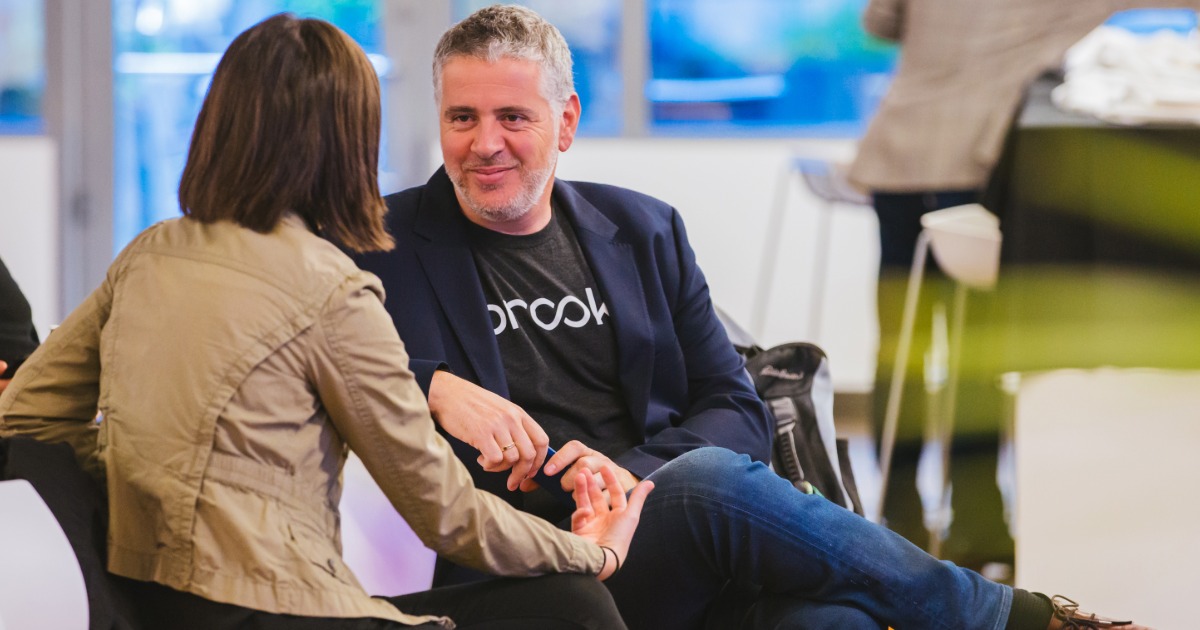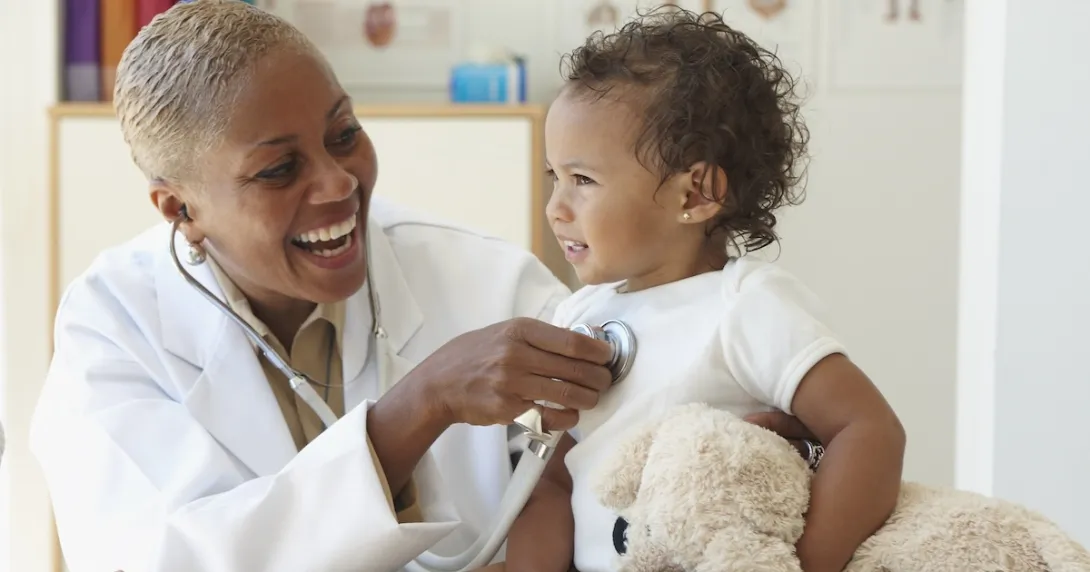Imagine software as medicine – a type of drug meant to heal diabetes, for example, or prevent strokes or heart failure.
That's the premise that Anand Iyer, president and CEO of WellDoc, put forth Tuesday at the mHealth Summit as he spoke about his company's plans. Iyer has long fancied a day when software would be prescribed just like any other medicine.
That day has come, he says. Welldoc's Bluestar, which Iyer describes as "mobile prescription therapy," or MPT, has been cleared by the FDA, and it's reimbursable by health plans, just like prescribed pharmaceuticals would be. Iyer raised $20 million from Merck Global Health Innovation Fund and Windham Venture Partners at the beginning of 2014 to help his idea gain traction.
Iyer, who himself was diagnosed with diabetes in 2002, was one of a four-member panel at an mHealth conference titled, "M2M Now Money Talks." He said he has high hopes for a future in which his interactive diabetes management tool – and others' platforms, too – have achieved drug-like status.
Bluestar's business model is based on the pharma model, said Iyer: "the disruptiveness of the model is that it's not disruptive at all."
[See also: FDA goes for 'light touch' on health IT.]
Others on the mHealth Summit panel are working on similar technology-as-medicine offerings.
 David E. Albert, MD, a physician and former GE scientist turned serial entrepreneur, would be the first to say developing new technology is hard work. But proving that it works is even harder, he said: You have to prove it works, and you have to prove it will do no harm.
David E. Albert, MD, a physician and former GE scientist turned serial entrepreneur, would be the first to say developing new technology is hard work. But proving that it works is even harder, he said: You have to prove it works, and you have to prove it will do no harm.
Albert has founded three tech companies. The most recent is AliveCor, where he serves as chief medical officer.
He created the AliveCor Heart Monitor and the AliveECG app, which he describes on the AliveCor website as a "personalized, easy-to-use device that records accurate ECGs and heart rate anywhere, anytime at an affordable cost."
The product is certified as a Class II medical device by the Food and Drug Administration.
[See also: Who should oversee mHealth regs?]
To bring this type of technology to market, requires serious research and substantial investment, he said – as well as proof, which requires many successful trials, he added, as he zipped through the results of trials published by the Cleveland Clinic, USC, University of Oklahoma, and more.
"Each of these trials has been done in the last two years," he said. "That's what you have to do.
"If you want to be in the mobile medical business, if you want Cleveland Clinic and Mass General to use your technologies, you have to prove it," he added. "You have to earn that credibility."
The technology is described on the AliveCor website: "The AliveCor Heart Monitor, when used with the free AliveECG app, is a personalized, easy-to-use device that records accurate ECGs and heart rate anywhere, anytime at an affordable cost. Simply rest it on your fingers or chest to record an ECG in just 30 seconds. And know right away if atrial fibrillation is detected."
The monitor's medical grade ECG recordings can also be shared directly with a physician, or sent to a cardiologist or cardiac technician through a cloud-based ECG analysis service provided by AliveCor, Albert said. In as little as 30 minutes users can receive expert reviews of their ECGs directly through the AliveECG app providing a more complete picture of their current heart health.
"We're saving lives every day," said Albert. "We got there through clinical research."


